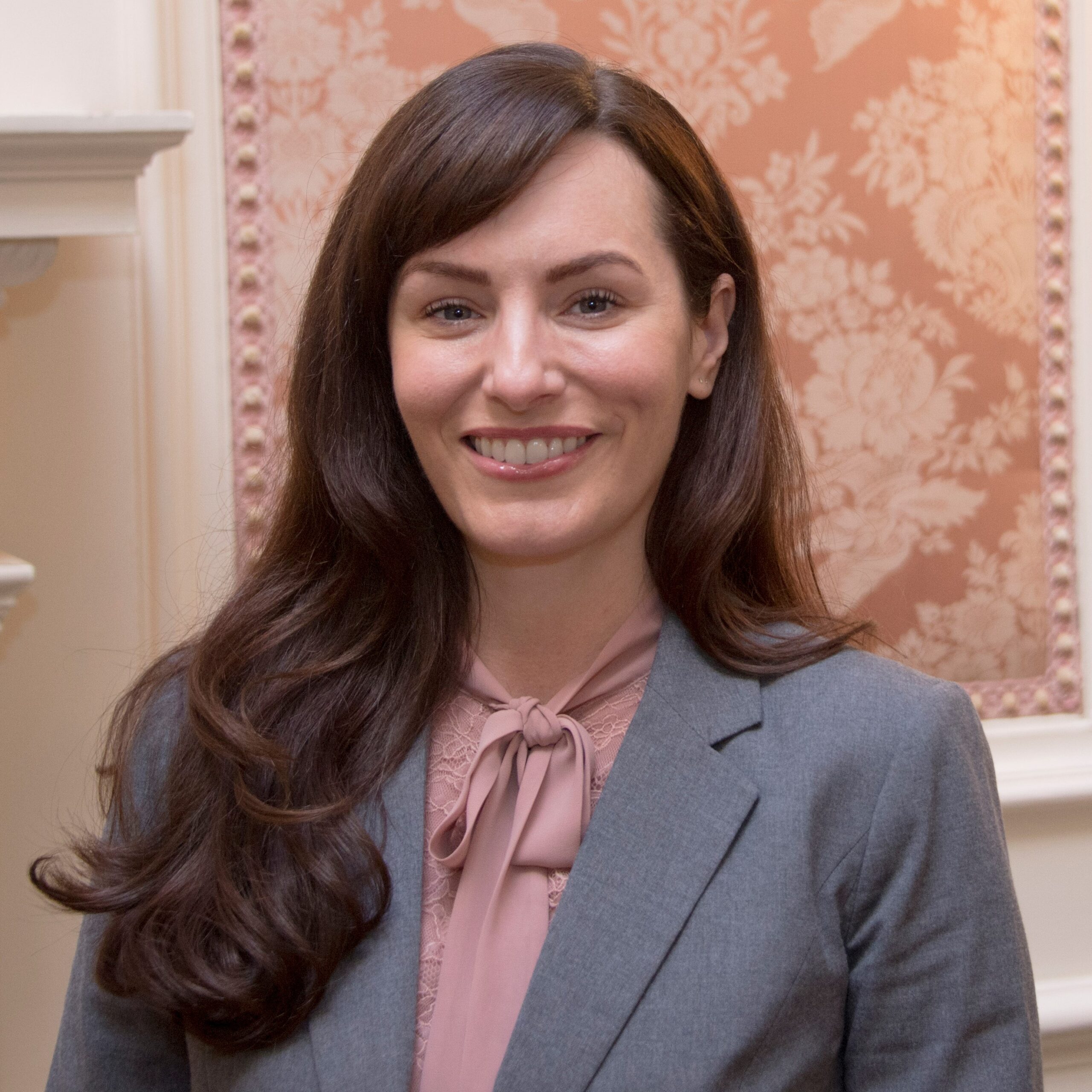Student Profile

Paula Granger
Director, Domestic Terrorism Prevention Unit , NYS Division of Homeland Security & Emergency Services
Veteran: US Army
Class of 2021
“The faculty have been exceptional and the caliber of fellow students is very high. I feel I learn as much from them as I do from the program itself.”
Concurrent with the MSCRS program, Paula is serving as a New York State Empire State Fellow, a full-time, two-year leadership program that prepares professionals for a career as a New York State policy-maker. Like many in her cohort, she brings to the program an impressive record of academic achievement. These include a double major at Indiana University–Purdue University Indianapolis, a master’s in nonproliferation and terrorism studies with a specialization in financial crime management from the Middlebury Institute of International Studies at Monterey, and a stint with the United States Cyber Command.
Unlike most in her program she learned Persian, which she learned at the Defense Language Institute. And quite probably unique among her cohort, she had no formal schooling between 5th grade and university. Paula was home-schooled after 5th grade, eventually earning a GED before facing the cultural shock of university, where she benefited from a good deal of mentoring.
At college, Paula had nurtured an interest in computer science, but didn’t pursue it until afterward. However, she said, “I later rediscovered my passion for it accidently, by taking an assignment at USCYBERCOM that changed the trajectory of my career. I found that I loved all things cyber because it touches every part of modern society. Both our dependence on technology and the technological risk landscape are increasing exponentially.” This interest led her to the Middlebury Institute program, where she chose to focus on cybersecurity as it related to war, financial crime, and terrorism.
Cybersecurity’s Impact on State and Local Governments
When she became a New York State Empire State Fellow, she found she wanted to learn more about cybersecurity at a deeper level so that she could gain a better grasp of its impact on state and local governments. Skeptical of fully online programs, she was attracted to the hybrid design of the NYU program—and despite the Covid-19-related move to fully virtual learning, she said, “I have been challenged in ways that have expanded both the breadth and depth of my understanding of the cybersecurity field. The faculty have been exceptional and the caliber of fellow students is very high. I feel I learn as much from them as I do from the program itself.”
Facing Current and Future Cybersecurity Threats
Paula said she finds common cause with the way the MSCRS program material is oriented. “It’s designed such that it mirrors the current and future cybersecurity threats that we face. I am a strong believer in government and its function as a vehicle for carrying out the people’s will and to work in the best interest of its citizens. My goal is to find a meaningful way to contribute to this process using a ‘systems thinking’ approach. [MIT Systems Scientist] Peter Senge said it best: ‘Systems thinking is a discipline for seeing wholes. It is a framework for seeing interrelationships rather than things, for seeing ‘patterns of change’ rather than static ‘snapshots.’ This approach is necessary when looking at cybersecurity issues in a rapid technologically evolving world.”
View of Government’s Role in Cybersecurity
Over the past year, Paula says her view of government’s role vis-à-vis cybersecurity has evolved. “Before, I argued that the federal government moving at the speed of bureaucracy, especially with implementing cybersecurity mechanisms, hindered technological progress. But I’ve since decided that because technology is moving so fast, a security-by-design approach is often absent and that the government and private sectors would best serve the public by working together. The struggle between the federal government and the private sector provides a space to consider the security implications of new technologies as we work to mitigate cybersecurity catastrophes.”
NYU Law School participates in the Yellow Ribbon program, contributing the maximum amount in benefits to be matched by the Veterans Administration for eligible veterans.

